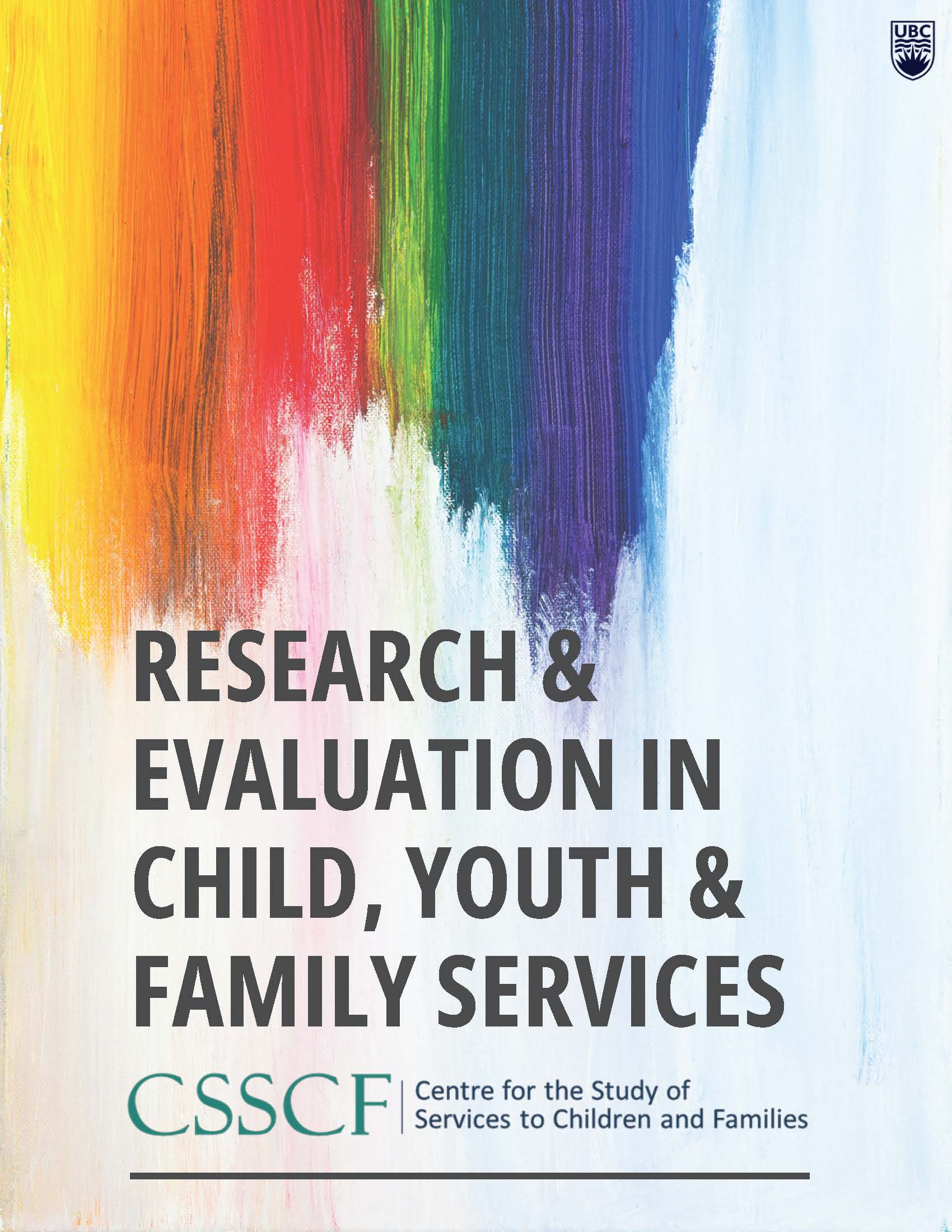Lessons Learned From MCFD Youth Housing Models
Using Appreciative Inquiry to Understand the Successes and Needs of Youth Transitioning Out of Ministry Care
DOI:
https://doi.org/10.14288/recyfs.v4i1.197539Keywords:
youth housing, children-in-care, youth transition, appreciative inquiryAbstract
In Canada, young adults are one of the fastest growing homeless populations, with increased vulnerability to youth who have previously been or are currently in Ministry care. This increased risk is attributed to several identified barriers that are unique to youth from care, such as a lack of social support system, lack of affordable housing, discrimination by landlords, lack of basic life skills and more. To support youth in finding housing as they transition out of Ministry care, MCFD has developed partnerships with agencies such as BC Housing, Community Living British Columbia (CLBC), and other non-government organizations in order to provide safe housing for youth leaving Ministry care.
This research project was completed by the Lead Investigator and a Student Research Team in a Graduate level course at the School of Social Work at The University of British Columbia, in collaboration with The Ministry of Children and Family Development (MCFD or the ministry). The research project utilized an Appreciative Inquiry (AI) approach to answer two main research questions: (1) what are the successful aspects of existing housing models in BC that transition young people from Ministry care into adult housing programs? and, (2) what recommendations are made to improve current housing models within MCFD jurisdictions?
A qualitative research methodology was utilized to gather data. The research interview questions were created using Appreciative Inquiry’s SOAR Analysis Matrix. Six interviews with MCFD frontline staff, supervisors and upper management were conducted, coded, and analyzed via thematic analysis. The research project examined MCFD strengths, opportunities, aspirations and results in providing successful housing models in British Columbia to facilitate the transition of youth out of Ministry care into independent living. Research participants were recruited from MCFD staff who currently work in supporting youth who are transitioning out of Ministry care.
Participants completed a demographic questionnaire that provided information on aspects such as their role, number of years participants have been working with youth transitioning of care and their education level. Qualitative data was then collected through semi structured interviews. These interviews were conducted via Zoom. The interview questions were broken down to reflect the four quadrants of the SOAR analysis.
The data was transcribed verbatim, underwent initial and axial coding and was analyzed using a thematic analysis approach, the four overarching themes being the four sections of the SOAR framework, with sub-themes identified under each theme that reflect patterns that emerged in the data. There were two identified sub-themes under the Strengths theme: (1)MCFD’s partnerships with housing agencies and (2) MCFD social workers’ individual passion and initiative. There were three identified sub-themes under the Opportunities theme: (1) Extend MCFD’s mandate to youth beyond the age of 19, (2) Increase financial support to youth and housing projects, and (3) address barriers to sustainable housing. There were two identified- sub-themes under the Aspirations theme; (1) MCFD owned housing programs, and (2) incorporating life skills that reflect youth’s needs. There were two identified sub-themes under the Results theme: (1) Long term housing and connection to community, and (2) incorporating youth feedback into housing programs.
This research project had some limitations in relation to the small sample size, instrumentation and sample/selection bias. There were also four recommendations that were identified for future research, policy and practice. This research project aimed to answer the proposed research questions via the Appreciative Inquiry model by providing insight into the strengths of the current housing programs, defining areas of opportunity to leverage success, identifying aspirations for the future and examining results would indicate success in the future of youth housing for youth transitioning out of care.
Downloads
Published
Issue
Section
License
Copyright (c) 2022 Research and Evaluation in Child, Youth and Family Services

This work is licensed under a Creative Commons Attribution-NonCommercial 4.0 International License.
This work is licensed under a Creative Commons Attribution-NonCommercial 4.0 Inrernational License. Copyright for articles published in this journal is retained by the authors, with first publication rights granted to the journal. By virtue of their appearance in this open access journal, articles are free to use, with propoer attribution, in edicational and other non-commercial settings.


